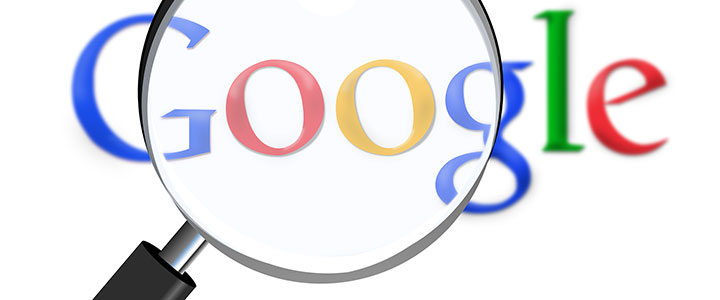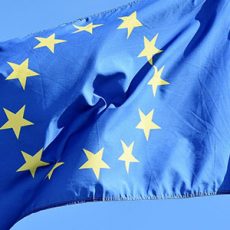
The European Union has finalized a draft of its new Digital Services Act (DSA), which, according to all indications, will place restrictions on and control more closely the activity of large technology companies. There is even talk of forcing them to share their data with smaller companies and prohibiting them from applying any kind of preferential treatment for their products on their own platforms. All this is in the midst of a growing debate, also in the United States, about the excessive size and power of these companies and the possibility of forcing them to be split up to restore competition in the markets where they abuse their dominance.
Of course, this long and arduous legislative work, whose next milestone is submission of a draft of the DSA at the beginning of December, is accompanied by lobbying work by the various interested parties, which is already part of the landscape in the European Union. Google, for its size, capacity and importance in the measures, has the right and duty, in defence of its interests, to work in this area. To this point, it’s not news.
However, the information published by two prestigious media outlets – the French magazine Le Point and the British daily, Financial Times – is a qualitative leap from the usual. Both have had access to a confidential Google plan, lasting two months, to influence the process and content of this regulation. The aggressiveness of this plan and its divisive and virtually anti-European character are striking.
Google’s strategy is aimed directly at Thierry Breton, the Commissioner of Internal Market and one of the most critical voices on the power of big tech companies. One of Google’s objectives is to increase opposition to what the act is after, “reconfiguring the political narrative” and “weakening support” for the legislation underway. It would be about deepening the differences within the executive body, where Breton’s position has a certain counterpoint in Margrethe Vestager, Commissioner for Competition holding the rank of Vice-President, who from the beginning has shown more doubts about the possibility of breaking up the big tech companies, considering this solution as a last resort.
Already with the copyright directive, approved in April 2019, the big tech companies developed a tough campaign, sometimes with apocalyptic hints about the end of the internet, which was the subject of comments and criticism by several MEPs: the last term, left-wing MEP Virginie Rozière says she received 40,000 e-mails as part of a “pseudo citizen campaign”; Geoffroy Didier, a conservative and current member of Parliament, spoke about 100,000 e-mails at his address in the European Parliament, and also of threats.
However, for our Association what’s of interest is not these practices, which should be denounced and unjustly sully the name of those who lobby in another, cleaner style. It is another aspect of what was revealed by Le Point and the Financial Times that has caught our attention. Google, according to these publications, aims to “undermine the idea that the DSA has no cost for Europeans” and “demonstrate how it limits the potential of the Internet… just when people need it most”.
The truth is that the DSA seeks precisely the opposite: to unleash the full power of the digital economy, allowing European companies of all sizes to compete on an equal footing with the big tech companies. It is a question of economic and corporate wealth, but also socio-political: the enormous power these companies have in the data economy threatens the sovereignty of the EU. Whoever controls the data will control the economy and the social debate. Today, that control is far from the continent.
Paradoxically, what in Google’s plan is a twisted and self-interested argument – we, the big tech companies, are the internet, and consequently everything that harms us harms development of the digital economy – will become a sad reality if regulators end up yielding to their pressures. Google’s plan to destabilize progress of the DSA goes beyond lobbying practices, becoming an attack aimed at weakening political decision-making in the EU and undermining its sovereignty. The company has revealed its conception of Europe as nothing more than a market, not a community of values and citizens.





Pingback:les empires des géants du Net enfin sous pression ? - Echos du Cameroun